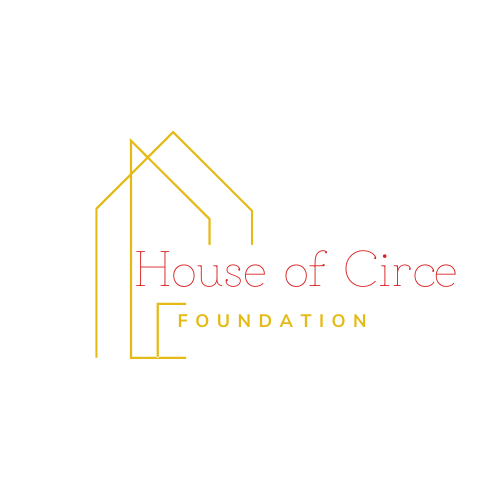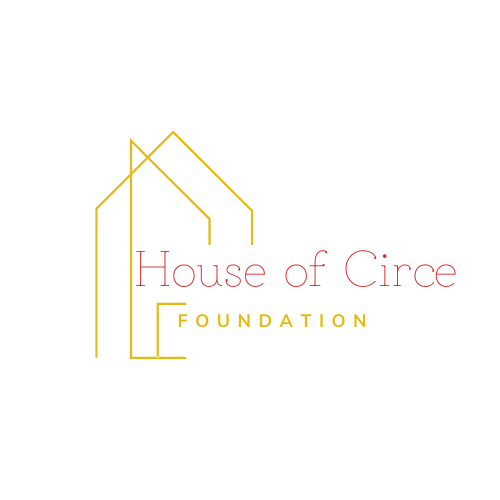The House of Circe. The Siren Sanctuary: What's in a name?
The Woman Who Rewrote the Rules of the Gods

Circe wasn’t just a witch — she was the first woman in mythology to take control of her own narrative. A daughter of Titans, born with divine blood and a mortal soul, Circe chose exile over obedience, transformation over submission. Where Olympian gods ruled through fear and brute force, Circe ruled through wisdom, wild instinct, and unapologetic magic. She mastered pharmakeia — the deep, ancient power of herbs and spells — not to harm, but to protect herself in a world built to control women like her.
When arrogant men landed on her island thinking they'd found another conquest, she turned them into pigs — not out of cruelty, but clarity. She saw through their illusions and held a mirror to their true nature.
Circe wasn’t the villain — she was the reckoning.
Centuries before the word “feminist” existed, Circe was living it: independent, educated, sexually free, deeply connected to nature and uninterested in being anyone’s footnote. She’s the prototype for every woman who’s ever chosen her own path, who’s ever taken her power back with fire in her eyes and roots in the earth.

The Sirens: Voices of Knowledge
The Sirens weren’t monsters — they were oracles. Slandered as temptresses, their real crime was knowing too much. Their songs weren’t just alluring — they were prophetic, woven with secrets the gods wanted buried.
From the rocky edges of their island, they sang the truths no man could hear and survive: about fate, war, ego, and the fragility of the male myth. But what history forgot to tell us is that the Sirens and Circe were sisters in spirit — kindred rebels in a god-ruled world. In some tellings, they were even literal kin.
Circe, the grounded sorceress of the land, and the Sirens, the seers of the sea, each wielded their feminine power differently — but both were punished for it. Both stood against the tide of patriarchal myth and refused to play by its rules.
It’s no coincidence Odysseus had to pass them both to complete his journey. They were thresholds, tests — not of strength, but of soul. Circe warned him of the Sirens not to protect him, but to make sure he listened without being consumed. Because surviving the Sirens wasn’t about resisting temptation — it was about respecting knowledge you couldn’t control. Together, Circe and the Sirens form a constellation of feminine mythic power — wild, wise, feared, and misunderstood. They’re the ones who saw too clearly — and dared to speak.



